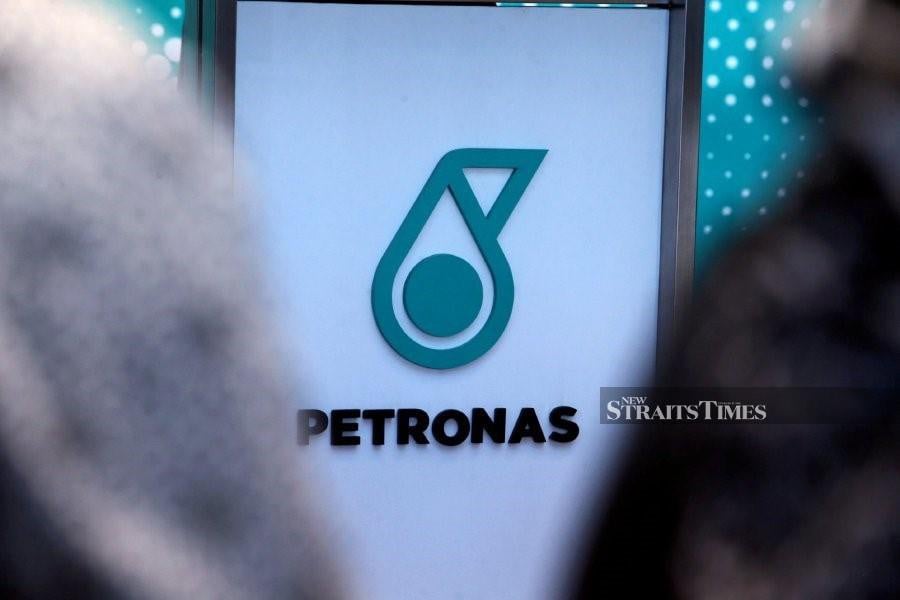
KUALA LUMPUR: Petronas plans to carry out about 50 decommissioning and restoration activities between this year and 2027, with key operations concentrated in five regions, namely, Sabah, Sarawak, Kertih, Melaka, and Pengerang.
In its 2025-2027 activity outlook report, the energy company said its implementation would require a large workforce, with the number of workers expected to peak at around 25,000 in the second quarter of 2026 and the first quarter of 2027.
"These dynamic and resource-intensive activities demand skilled labour, highlighting a potential shortage in areas such as mechanical installation, scaffolding, and welding.
"To ensure more efficient management of decommissioning and restoration, Petronas is optimising resources by grouping these activities and restructuring implementation schedules to maintain smooth operations," it said.
The oil and gas company said Malaysia's skilled labour shortage in the sector is becoming increasingly concerning, with significant implications for plant safety and operational efficiency, particularly in decommissioning and restoration efforts.
There is an urgent need to address this issue to ensure the sustainability of the country's energy sector, it said.
The company said the demand for skilled workers in the industry remains high, particularly in maintenance and operations.
"However, there is a significant gap between the skills required by the industry and those possessed by the existing workforce."
According to Petronas' internal study, challenges faced by both offshore and onshore sectors are similar, with key contributing factors including skilled labour migration.
Many experienced workers are seeking better opportunities abroad, leading to workforce shortages that are difficult to fill.
"In addition, skilled workers in the oil and gas sector are increasingly shifting towards the gig economy, which offers greater flexibility and work-life balance.
"Moreover, high employee turnover is driven by less competitive salaries, limited career development opportunities, and inadequate work-life balance.
"Lastly, many potential talents are unaware of job opportunities and available training programmes due to limited exposure and promotion.
"Petronas underscores the need to address this skills gap to maintain the competitiveness of the nation's oil and gas sector," the company said.
Petronas highlighted the importance of strengthening initiatives such as enhancing training programmes, improving salary structures, and increasing awareness of career opportunities within the industry to ensure a sufficient skilled workforce for the future.
It said the shortage of skilled labour in Malaysia's oil and gas sector is increasingly affecting operational efficiency, economic growth, as well as safety and environmental aspects.
Among the impacts of this shortage are longer project completion times, higher error rates, and increased safety risks.
"The oil and gas sector's declining performance due to a lack of skilled labour could affect national employment levels and income, while an inadequately trained workforce may heighten the risk of accidents and negatively impact the environment," it said.